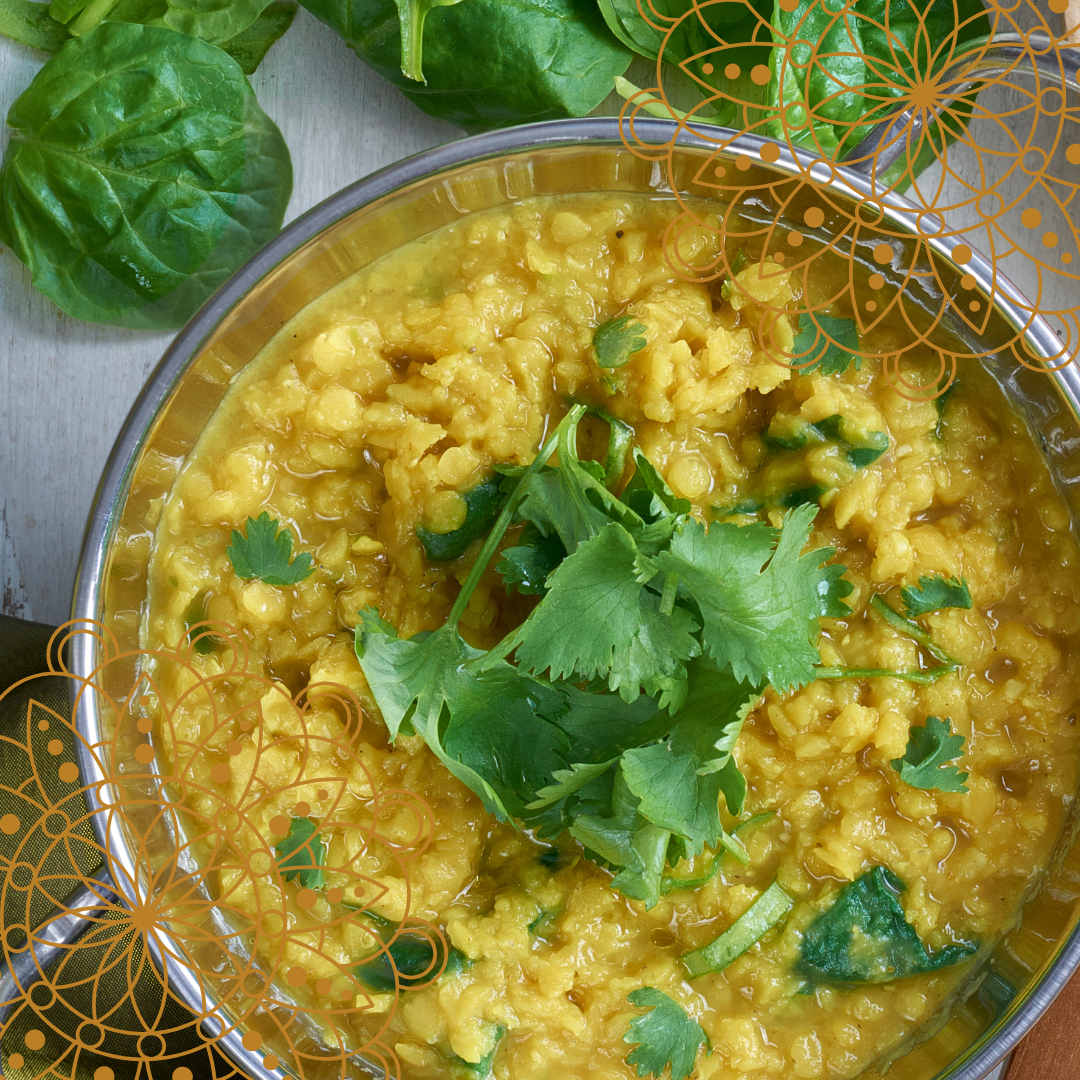Prepare for Autumn & Winter

In this guide we will explore Ayurveda's general recommendations for autumn and winter, starting with the best dietary recommendations to adjust to the change of seasons. It is best to consult an expert in Ayurveda before the season starts and if you are without true knowledge of Ayurveda we recommended having an in-depth Ayurvedic Consultation. In this way, you can adjust your diet and behaviour to compensate for seasonal influences and eliminate new imbalances.
Autumn and winter are dry, cold, and windy seasons, and it is important to eat foods that help in keeping balance or there will be side effects in those seasons. Choosing hot drinks and eating cooked food in winter is best. Attempt to avoid chilled drinks and cold foods as they can have negative effects on the immune system. Opting for cooked food will help balance Vata, Kapha dosha during the Vata season.
Try adding seasonal root vegetables to soups and stews and avoid non-seasonal foods like salads which can help worsen the Vata dosha. Try to end the day with hot milk and warming spices such as ginger, cinnamon and cardamom. We recommend trying our 100% Organic Ayurvedic Golden Milk as an ideal way to say warm…..and its delicious too! Prepare foods with warm spices such as ginger, garam masala, cinnamon, cloves and cumin.
Ayurveda recommends eating warm foods such as soups, stews and a variety of vegetables and legumes in winter. The cold weather forces heat from the body's surface into the core of the digestive fire (agni), which tends to be stronger in winter to help you digest heavy food. Since our digestion is strongest at this time of year we do not want to eat too much or heavy food. It is suggested to eat warm, cooked and nutritious whole foods to satisfy winter hunger.
Think porridge, soups, cooked meals, curries, root vegetables and light grains. Make sure to cook with our Ayurveda Pura’s Ghee. It is an amazing Ayurvedic superfood that is nutritious and increases the digestion, absorption and assimilation of food. Add a variety of green vegetables, tubers, seasonal vegetables, gooseberries and fresh turmeric powder to your diet. Season your food with spices as they help digestion. Chyawanprash, ginger and trikatu powder are also excellent food supplements for the winter season.
Hot and warm teas are vital for the winter season, as it promotes good digestion. We suggest in particular our Ginger & Lemon Zest™ and Cinnamon & Ginger Spice™. Both teas have warming qualities and will help to strengthen and boost the immune system. If you are normally a wine drinker for relaxing, you can achieve the same effect by drinking tea with various warming spices.
I recommend rich foods because it can be difficult to get extra rest during the coming holiday season, and these foods can increase the agni (digestive fire). People with pitta dosha are better off in winter, so it is helpful to understand Ayurvedic tips to stay in balance in winter.
It is important to choose foods that strengthen the natural Ayurvedic immunity during the winter season through maintaining a healthy diet. An Ayurvedic diet appropriate for your body type and following an Ayurvedic daily or seasonal routine is the best way to prevent the formation of toxins in the digestive system at the cellular level. The most important thing you can do is to improve your sleep quality by following an Ayurveda routine and eating foods suitable for each of your body types.
Ayurveda encourages us to observe the inner rhythm of the earth in terms of waking up, energy consumption, eating and sleeping. In Ayurveda, routine is important, and following a routine is guided by nature. The sun rises and sets, and the seasons change every day of the year, so that your routine should be predictable and in keeping with seasons.
Routine is a wonderful way to balance your energy and organize your life and focus on health goals. Practicing Ayurveda seasonal routines can help us recover. Follow the Vata routine and be aware of seasonal fluctuations.
Vata has the characteristic of being both cold and dry, because it is a balance of heat and humidity. If your climate is cold and dry and you feel isolated in the winter months, Vata will be a strong part of your winter season and you will want to keep it quiet. Since Vata is cold / dry and unpredictable in winter, you can counteract or reduce its effect on heat and humidity with a routine.
The choice of foods depends on your body type, the season and your imbalance. An Ayurvedic Consultation with an experienced and authentic Ayurvedic doctor can give you a clear idea of your constitution and a list of foods to include in your seasonal diet.
Last, remember to always dress warmly protecting your head from the cold.
These are a just a few Ayurvedic recommendations for preparing for the upcoming change of seasons to maintain balance, avoid diseases, improve digestion and reconnect to the circadian cycle of nature.
Share this post
Topics
Tags






